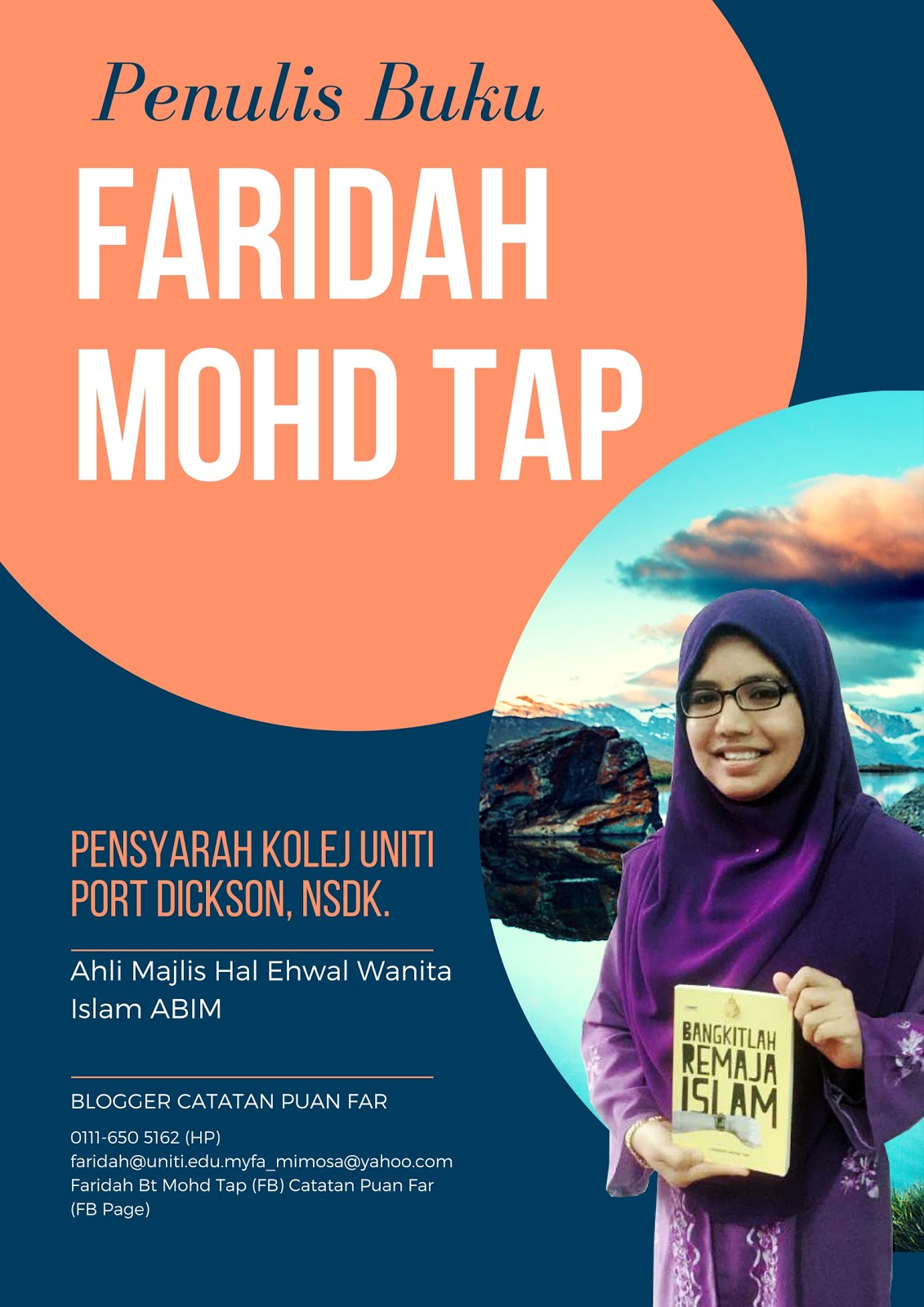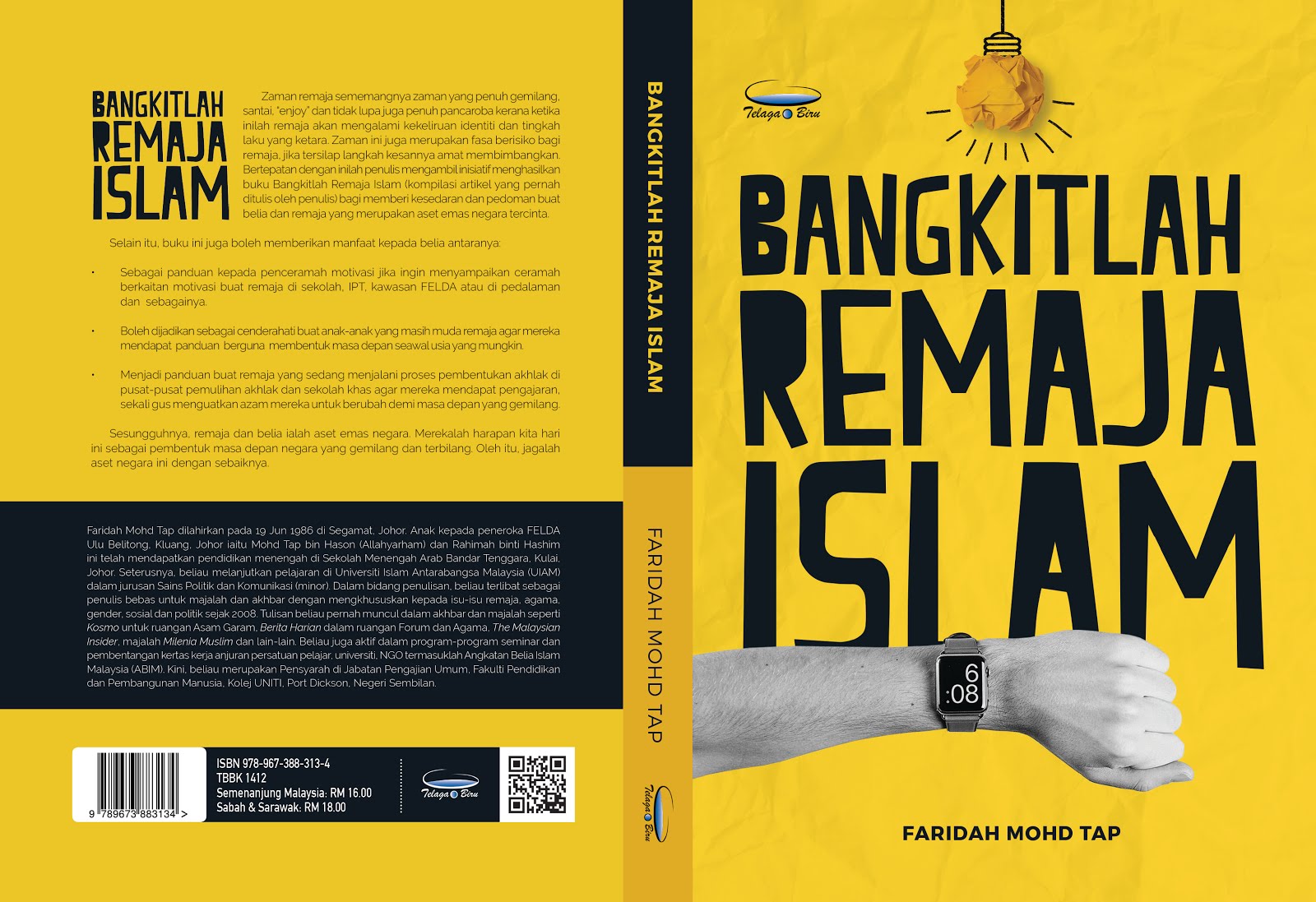RESEARCH PAPER ON DEMOCRACY IN MALAYSIA
Abstract
There are ongoing debates about the political system in Malaysia Malaysia Malaysia Malaysia
DEMOCRACY AT A GLANCE
Democracy literally means ruling by the people. For a society to be fully democratic, then, a large number of its people must enjoy the right to have some say over important decisions that affect their lives. Abraham Lincoln defined democracy as ‘the government of the people, by the people and for the people’. It also can be defined as the government by the majority with the consent of minority (Abdul Rashid Moten & Syed Serajul Islam, 2005). In the context of Malaysia , ordinary public citizens view Malaysia Malaysia Malaysia Malaysia
FREEDOM OF SPEECH AND EXPRESSION???
First of all, Malaysia
(a) Every citizen has the right to freedom of speech and expression.
However, there are many restrictions against freedom of speech and expression, which are usually in the form of various Acts. Prof. Abdul Aziz Bari (2008) explains this in his famous book, Malaysian Constitution: A Critical Introduction by saying the rights under article 10 are only available to citizens and that the rights have been put under some limitations. He further says that the Parliaments also have the basis to pass various laws whose overall implication is to limit democracy in the country. For example some politicians and civil society who are standing against the government would be trapped into The Internal Security Act (ISA 1960), the Official Secret Act and the Police Act 1962. Not only that, the right of students to participate in politics are also have been taken away after the University and University College Act (UUCA) was introduced in the early 1980’s.
Needless to say, freedom of press also falls under article 10 although it is not mentioned. Similar to earlier cases, there are also various laws, which are denying the right to have press freedom. They are Sedition Act 1948, Printing Presses and Publication Act 1984 as well as Broadcasting Act 1988. These laws may be used against journalists who are working for a newspaper. The government has the power to close down a newspaper or even magazines such as TAMADUN (opposition front’s magazine that is no longer exist), if the contents and issues are threatening the comfortable power of the ruling government. All these are possible under the Printing Presses and Publication Act 1984. The opposition’s newspaper, publication of Harakah and Suara Keadilan had been several times suspended because of they are accused trying to seduce publics to hate the government via their news contents.
The above examples show that Malaysia Malaysia
FREEDOM OF ASSEMBLY AND ASSOCIATION???
Furthermore, Malaysia United States
Article 10 (1) (b) and (c) in the Malaysian Constitution states that,
(a) all citizens have the right to assemble peaceably and without arms;
(b) all citizens have the right to form associations.
Although, freedom of assembly and association is preserved in the Constitution, yet there are also many laws are imposed to limit freedom of assembly and association such as the Police Act 1967. It suggests that the power to regulate assembly goes to police whereby this Act gives an edge to the police whether to allow or disband any assembly or the associations to be formed. Example of this, in the case of Cheah Beng Poh (as cited in Abdul Aziz Bari, 2003, p.155) where the group of lawyers had been charged under the Police Act 1967, the court held that any public meeting, even if it is spontaneous, is unlawful if it takes place without police permit. Abdul Aziz, (2003) further mentions that the case clearly appears to contradict with the art. 10 (b) which states that all citizens have the right to assemble in peace and without arms.
With regard to the right to form an association, there is a conflict between art. 10 (1) and the registrar’s power. For the people to form an association, the first thing they need to deal with is the registrar, whether the Registrar of Society (ROS) or Registrar of Youth (ROY) to ensure their association is legally functioning. Abdul Aziz (2003) mentions that laws regulating societies in Malaysia is under the wide control of the government-the ministry and the registrar- whether to approve or to reject registration of association as well as ways to control the finance, administration and function of the associations.
It is also worth to mention that the fact remains that such power are open to abuse. Based on the writing of Abdul Aziz (2003), these tendencies are to be found in statutes like Societies Act 1966, Trade Unions Act 1959, and Universities and University Colleges Act 1971, which all have restrictions to freedom of association and assembly where ultimately overall implication of such laws is to limit democracy in the country
Broadly speaking, freedom of assembly and association are among essential key rights in democratic countries, as they allow public citizens to form or join any political party, special interest group, or union, without any government restrictions. Thus, any laws imposed by the respective government should be in tune with art. 10 of the Malaysia Malaysia
However, although many people look Malaysia Malaysia
Furthermore, Malaysian political system allows for direct representation of the people at the highest level of government. Whenever elections are held the members of the Government or the whole Government may be brought down. Obviously, this is the most important feature of a democracy (Mahathir, 1995). Moreover, we will agreed to say that since the first election after independence in 1959, Malaysia
Additionally, Malaysia Malaysia
Nonetheless, Malaysia
“The government of the country is elected by the people in fair elections.
Presently an attempt is being made to topple the government through street
demonstrations and other undemocratic ways. How can the media support such attempt and at the same time talk about democracy? Support the opponents of the government by all means but the media must not advocate an undemocratic overthrow of governments. I don’t know about other countries but in Malaysia
(The Power of the Press, p.25)
Besides, people are free to participate in any political party they wish to and vote for them. Thus, there is no room for an argument to say that Malaysia Malaysia
FREEDOM OF FREE AND FAIR ELECTION???
In contrary, third reason why Malaysia
Some people argue that elections are the key indicator to justify Malaysia
Another factor that worsens the integrity of electoral process is related to fairness of elections, and the opposition parties are also has been given little opportunity to adequate campaign due to prime media control by the Government, money and other campaign machineries. Callahan, (2000) observes,
“Since the media is very closely to the government, it is difficult to get opposition views across the press. It is also difficult to spread the campaign message through more traditional methods: state officials tend to use regulations to selectively harass opposition parties...If opposition members complain publicly about such harassment, they risk the arbitrary wrath of the Internal Security Act (ISA)…which can hold people indefinitely without charge.”
Consequently, the elections were held without free and fair competition, thus gave an edge to the Government to win comfortably with two-third majority almost the national elections since the independence. Sometimes, the government adopts some measures that thwart the ability of the opposition to compete on equal footing with the ruling coalition. This would include threats of suspending allocation of federal funds beyond the constitutionally mandated minimum to states controlled by the opposition (as cited from El-Fatih, 2008, p. 204).
Finally, these facts are provided to refuse the opposite argument, which are claiming that Malaysia
CONCLUSION
In a conclusion, after we have thoroughly observed Malaysian political system, we would reconsider again the practice of democracy in this country. Malaysia
It is recommended that to ensure democracy is well maintained in this country, the parliament should not imposed laws that are clearly contradicted with the heart of this land, which is the Federal Constitution. We realize that all unlikely events took place especially for the past few years that affected the stability of this country is simply because of the power maltreatment by the ruling power. There were many cases resulted from power abuse to restricts principles of democracy in which to shut down the civil liberties that could challenge those in power.
Finally, the faith of Islam itself has based all its laws upon the principle of freedom and has applied it to all aspects of life. This includes political freedom, freedom of thought and civil rights. Thus, any violations of this freedom specifically politics in favor of personal interest is highly rejected without any excuses.
REFERENCES
Abdul Aziz Bari
Abdul Aziz Bari & Farid Sufian Shuaib. (2004). Consitution of Malaysia Kuala Lumpur
Callahan. W.A.(2000). Addressing Political Corruption in Southeast Asia . InPollwatching, Elections and Civil Society in Southeast Asia , (pp. 143-159).Hamphire: Ashgate Publishing Company.
El-Fatih A. Abdelsalam. (2008). Human Rights. In Moten. A.Rashid (Ed.), Government and Politics in Malaysia Singapore
Mahathir Mohamad.(2000). The Power of the Press. In Hashim Makaruddin (Ed.), Politics, Democracy and the New Asia , Vol. 2, 21-28. Subang Jaya: Pelanduk Publications (M) Sdn. Bhd.
Tunku Mohar. (2008). Elections and Electoral System. In Moten. A.Rashid (Ed.), Government and Politics in Malaysia Singapore
Vanhanen T. (1998). Prospects for Democracy in Asia . New Delhi : Sterling Publishers Pvt. Ltd.










0 comments:
Post a Comment